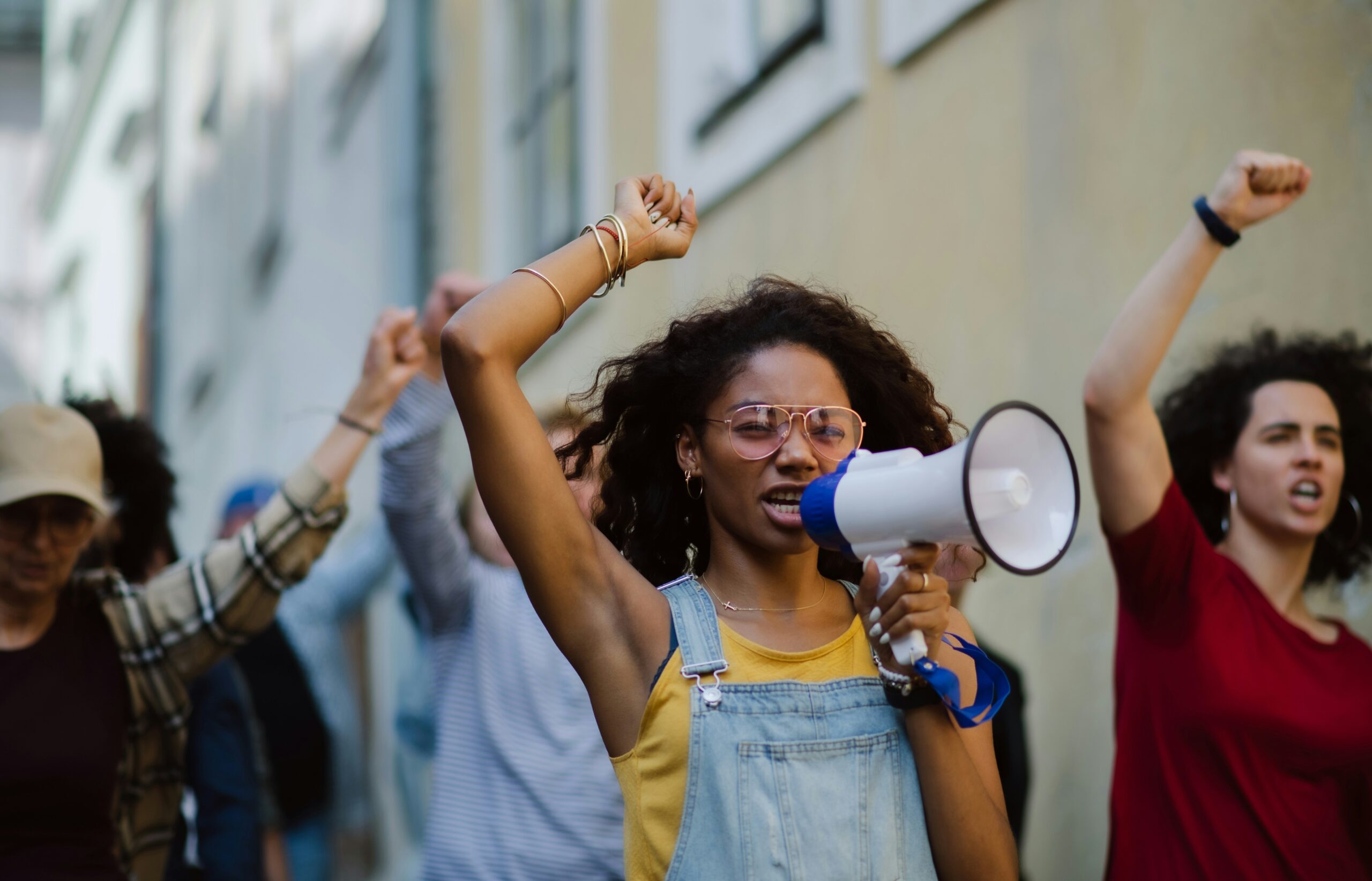U.S. District Judge William Young recently concluded a trial focused on the federal government’s actions against international students involved in campus protests. The trial comes after a series of arrests targeting pro-Palestinian student activists, which has prompted organizations to take legal action aimed at preventing similar arrests in the future.
The case touches on complex legal questions about the balance between the federal government’s control over immigration and the rights of noncitizens legally residing in the U.S. During the trial, witnesses—including government officials—revealed unusual steps taken by the Trump administration to monitor and act against international students at prominent universities.
The plaintiffs, led by the American Association of University Professors, argue that the government has been trying to strip visas and green cards from pro-Palestinian activists in an attempt to silence dissent. Their attorney, Alexandra Conlon, called it a form of “ideological deportation” that has intimidated foreign students and academics, discouraging them from speaking out.
The government denies the existence of such a policy. Justice Department lawyers argue that U.S. officials have broad authority to deport noncitizens if it’s deemed necessary for foreign policy. According to the government, noncitizens do not enjoy the same First Amendment protections as American citizens when it comes to political protest.
Government attorney Ethan Kanter stated that while both citizens and noncitizens have rights, those rights are not equal—especially under the First Amendment.
One Homeland Security official testified that a specialized team was assigned to investigate a list of about 5,000 protesters, with names pulled largely from the website Canary Mission, which monitors pro-Palestinian activism. This team produced roughly 200 reports that were sent to Secretary of State Marco Rubio, some involving students who had attended protests without breaking any laws.
Some ICE agents involved in the arrests said they had never before seen deportation efforts directed by the Secretary of State or carried out under such circumstances.
While the government insists these actions weren’t politically motivated, officials did confirm that certain deportation orders were linked to what they considered antisemitic speech that contradicted U.S. foreign policy goals. Judge Young, who was appointed by President Reagan, voiced doubt about the government’s arguments, noting that criticizing Israel is a form of political expression—not antisemitism—and shouldn’t be treated as support for terrorism. He also questioned the use of masks by immigration agents, suggesting it may have been meant to intimidate.
Several noncitizen professors said they were deeply alarmed by the government’s attempts to deport students like Mahmoud Khalil, Mohsen Mahdawi, and Yunseo Chung—all of whom are either green card holders or have lived in the U.S. since childhood. Another high-profile case involved Rumeysa Ozturk, a Tufts University student on a visa. In all these cases, judges ruled in favor of the students and found the government’s actions excessive, though the individuals were still detained for weeks.
Nadje Al-Ali, an anthropology professor at Brown University, said she rushed back to the U.S. from Germany after hearing about Khalil’s detention. She hired an immigration attorney to monitor her reentry and scrubbed her social media to remove anything that could raise concerns, replacing it with lighthearted content.
In response, government lawyers emphasized that none of the testifying professors had been questioned or detained, and that Al-Ali herself was not seriously questioned when she returned through Boston’s Logan Airport.
Judge Young’s ruling is expected soon.


